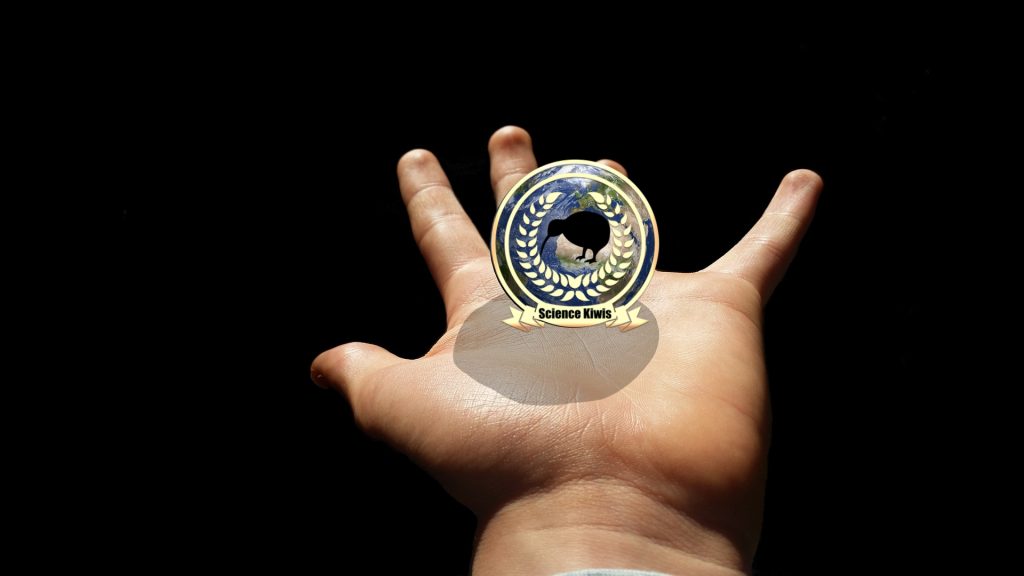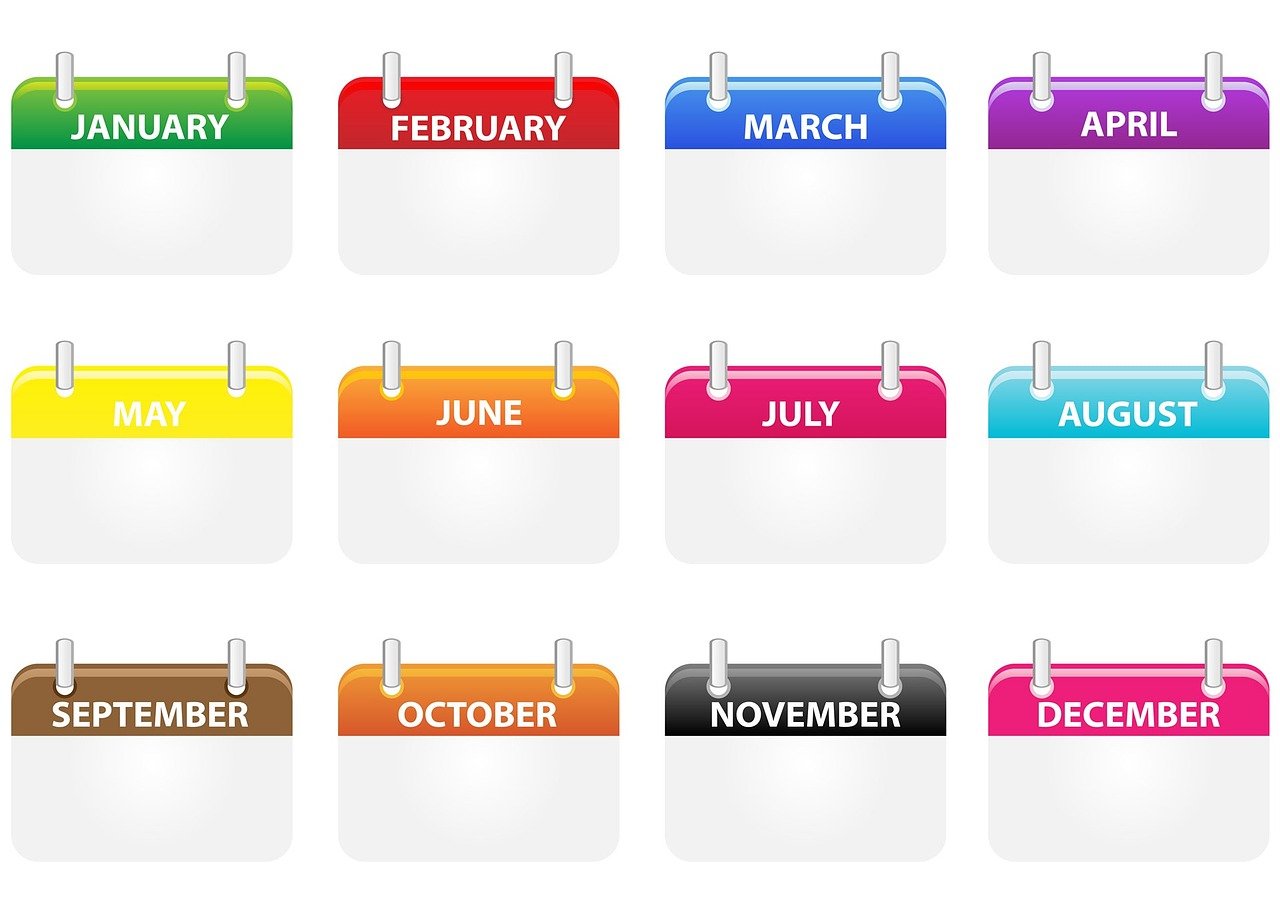
Teaching your kids during lockdown
Tips and Advice
Struggling to get your kid to do their school work during the lockdown?
Your not the only one
Almost all the parents who have contacted us during this lockdown have been struggling with trying to teach their kids at home.
From flat out refusing to the mother of all tantrums, how do you get your kid to turn into an education loving smiling angel once again?
Its simple turn their fun into education.
Instead of negotiating TV time, screen time, gaming time with your kid; “you can have 20 min, 1 hour, only 1 day this week”; find a way to make it educational then you can say yes, in fact if you plan out the data side of their fun you may just wind up asking them to play more Xbox, Playstation or watch another youTube video… Yes really.
What ever their love, their hobbies is from Xbox and PlayStation to barbie dolls to drones to watching TV, every activity can be turned into an opportunity to learn.
Before they start recording their data get them to make a hypothesis
For each question on their question list get them to make five predictions before they start to gather their data.
Get them to predict:
1. What they think the average will be per attempt (or for example 2 – per show)
2. What the average will be per day that they played (example 2 – watched)
3. What the average will be per week they played (example 2 – watched)
4. What the average will be per month they played (example 2 – watched)
5. What the average will be per year they played (example 2 – watched)
They will be quite amazed at the monthly and annual results when they add them up and compare them to their predictions!
A simple example:
Perhaps they have a driving/car game that they play on playstation, Xbox or online, you could incorporate math’s by:
Getting them to count how many right corners they turned in a level
Getting them to count how many left corners they turned in a level
How many sets of traffic lights they went through in a level
How many times did the car come to a stop in a level
How many pedestrians they drove past in a level
How many times they changed gear in a level
What their time was to complete the level
How many attempts it took to complete the level
Time how long it took for each attempt of the level
How many points they got each time they attempted the level
How many points they got when they completed the level
After each time they attempt to pass the level get them to pause for a ‘Gamers Number Recharge Break’ to record their counted data, if they are young give them a couple things to count, the older they are, the more things you can give them to count each time.
This is also great as a memory exercise too.
After aprox 10 attempts of trying to passing a level and then pausing to record their data get them to take a ‘Game Insiders Statistic’s’ break.
This is when you can get them to do things for example:
Add up the total time it took for all 10 attempts
Find the average time of the attempts?
What was the fastest attempt?
What was the longest attempt?
Where there more right or left corners?
How many more right corners where their than left corners?
Add up the total points they got for all 10 attempts
Find the average points of the attempts?
You can also add in questions that help them with ratio, fractions, decimals, addition, subtraction, multiplication, division, geometry and much more
Another example : They same concept can be put in to practice when watching TV
A good suggestion is to have a questions list for a TV program or youTube they regally watch.
On the questions list you can have similar ones as the games example above, but try and make them very specific to the show they watch.
Get them to jot down the data for each question and record it as the show is on.
Examples of questions:
How many scenes was bluebell in today?
How many lines did Mr Bubble have?
How many different outfits did Claudia wear in the episode?
How many times where scenes outside?
How many times did Nina talk to Miss Owl?
How long was the entire show?
How long until the first ad break?
How long was the first ad break?
How long was the next segment till the next ad break?
How many ad breaks where there?
What was the total amount of time the show was on?
What was the total time of all the ad breaks?

At the end of the show as with the gaming example earlier get them to do a bit of math’s with the data they collected ‘(Show title) numbers review’
Examples of this would be:
What percentage of the time was ads verse the show?
How much time in total did the show air?
How much time in total was ads?
What was longer the first segment of the show or the first ad break?
How much longer was it?

For both these examples you can also do a weekly review.
Get them to collect their data over the week and then once again get them to review and compare it.
Advice & Tips:
-
The younger the kids are the more simple the math’s should be.
-
The older the kids are the more questions and working out should be included.
-
Try and tie your questions into the recent topics they are learning in math’s.
For more tips and advice sign up at the bottom of the page to the ScienceKiwis newsletter

Weekly, Monthly and Yearly Reviews
A great way of doing either one of these examples or similar, is to get them an exercise book, just like their school math’s book to record and collect their game / show data in.
It’s surprisingly fast how quickly they build up quite a collection of their data.
By having an exercise book dedicated to their game/show math’s their collected data for a week, month, year is all in one place and wont get lost.
As it builds up they will be able to do even more math’s with reviews that are weekly, monthly and annually.
Examples:
Which day was the highest total in right turns?
Over every day what was the total points scored?
How many levels did you pass this month?
What was the most points you scored in one attempt this month?
Over the year how many attempts of levels where done?
How many points in total did you score over the year?
How many scenes did Bluebell have in the entire week?
Which day had the most time for ads?
How many minutes of the show did you watch in total during the month?
How many minutes in total this month did you watch adverts during the show?
How many outfits did Claudia wear over the whole year?

Extension:
There are lots of possible extensions in these examples as most Math’s topics can easily be applied to the data they collect.
Our favorite would have to be putting their data into a presentation.
Let them know you / your family is very interested in how they are doing in their game / how their favorite show is going and would like them to do a presentation to the family.
Explain what is expected in a presentation.
See the ScienceKiwis page on presentations for all the information you will need for how to do a presentation.
Get them to present either on a question like, which level is the hardest in the game – they could determine this by showing various numbers like the most attempts at a level before its passed; lowest average points score for a level; how many points they got each level when it was first completed; highest number of gear changes; highest number of corners and so on.
This would give them an opportunity to analyze the numbers and do comparisons and some statistics.
A good suggestion to them would be to prepare some visual aids to help communicate their findings which is a great time to do a bit more math’s and learn about how to create graphs.
Easy graphs that have great impact is a simple bar graph and pie chart.
Last bit of advice
Life is a Science Project of Mathematics – Everything we do can be turned into a science project, all you need is the numbers then you have science, all you need is the math’s.












